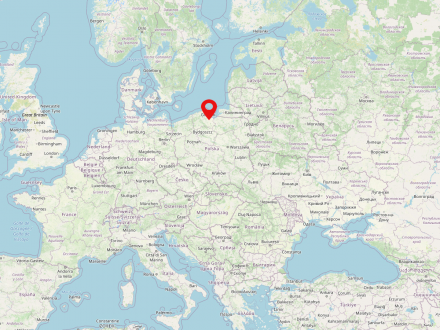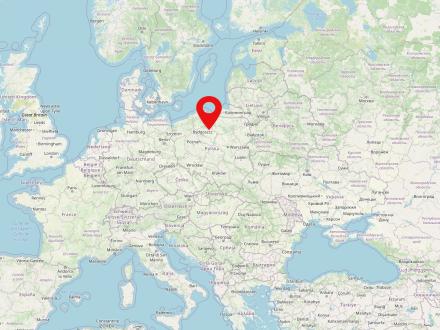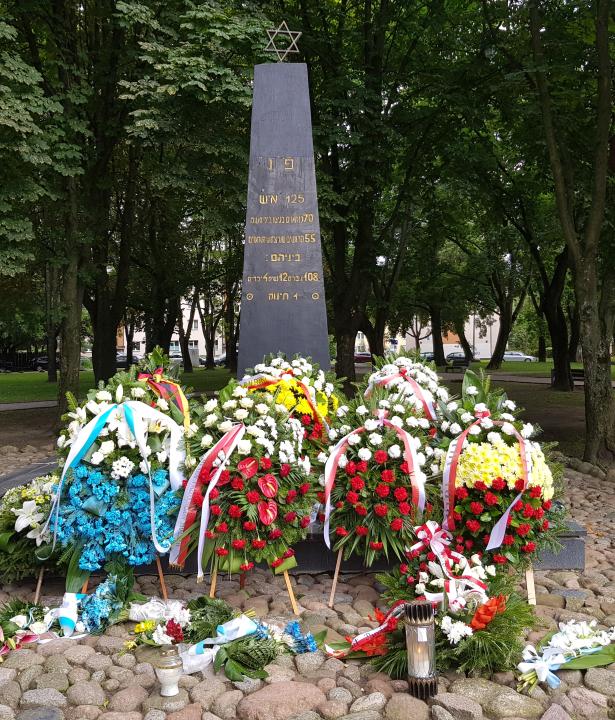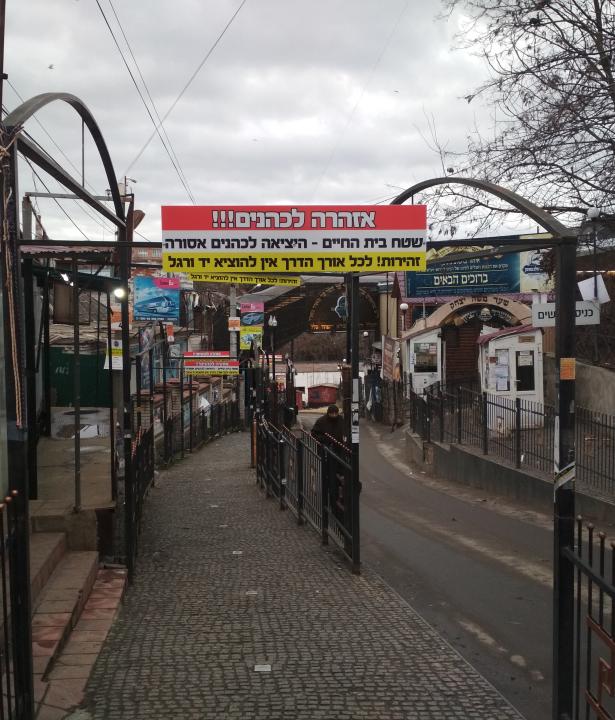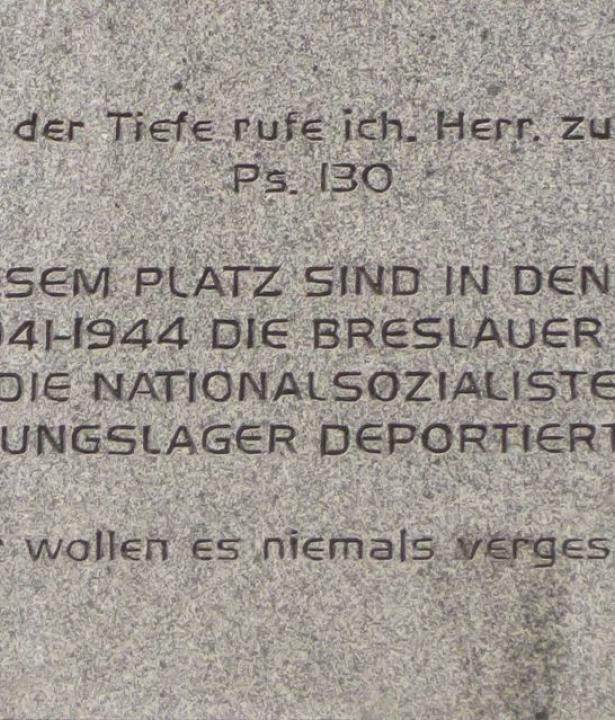Marienburg (Polish: Malbork) is a city in the Polish voivodeship of Pomerania (Polish: Pomorskie). It is located in the north of Poland, about 50 km southeast of Gdańsk/Gdansk. Marienburg lies on the Nogat River and is populated by just under 39,000 people.
Located in the Polish voivodeship of Kujawsko-Pomorskie about 100 km south of Gdańsk (Gdansk), the city of Grudziądz, German Graudenz, today has about 96,000 inhabitants. The history of the city, located on the Vistula River, dates back to the 10th century AD. In 1231 the Teutonic Order built a castle with a commandery here, and in 1291 the town was granted city rights. As part of the Kulm Land, Graudenz was subordinated to the Polish Crown in 1466, and in the course of the first partition of Poland-Lithuania in 1772, the town became part of the Kingdom of Prussia. Since the First World War the town has belonged to Poland, interrupted only by the German occupation between 1939 and 1945.


